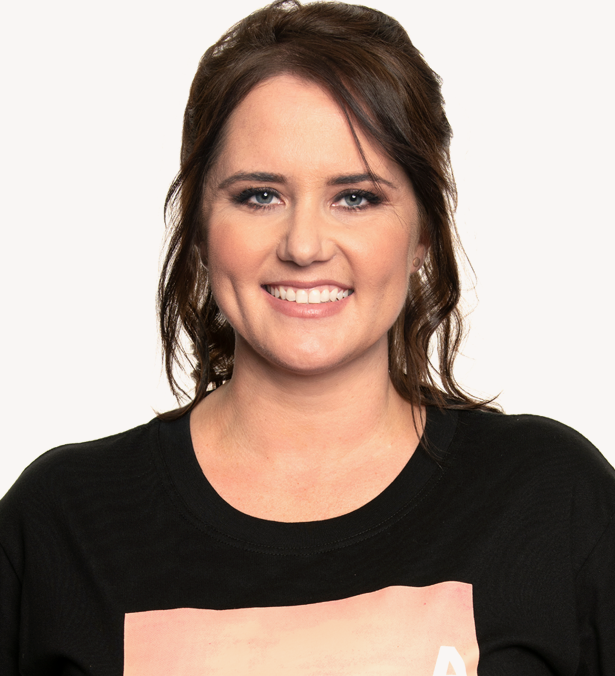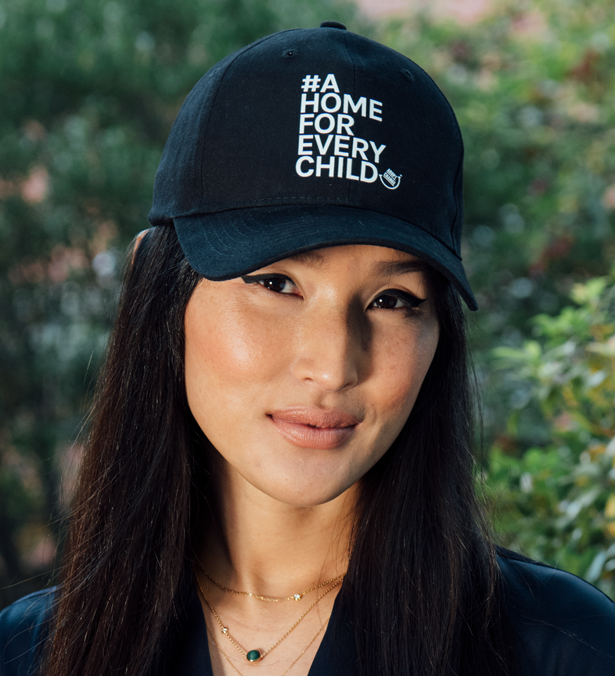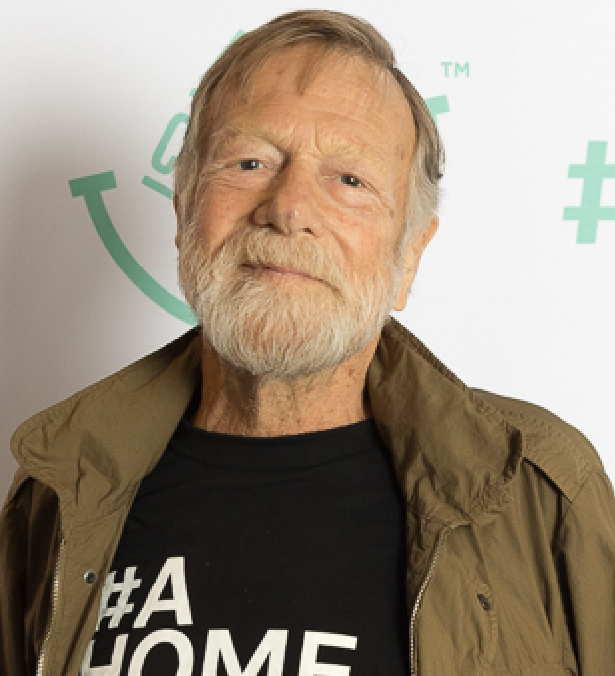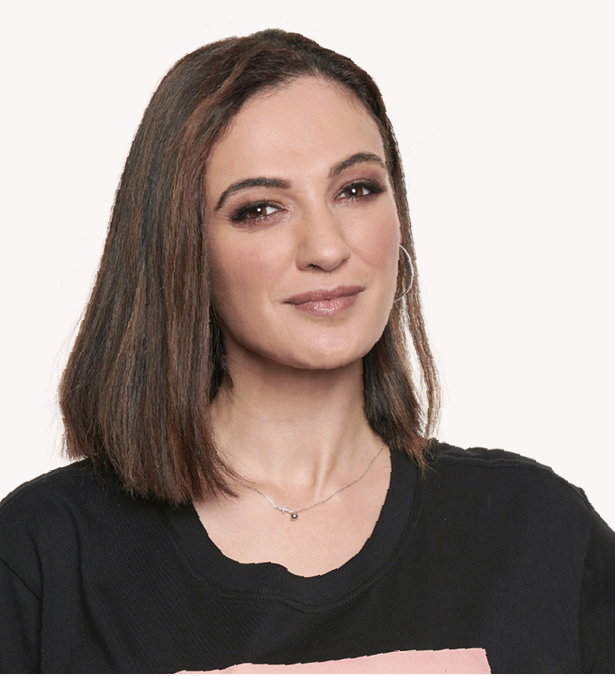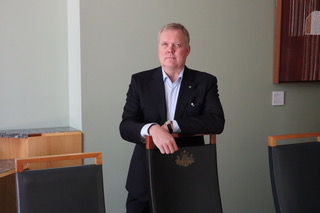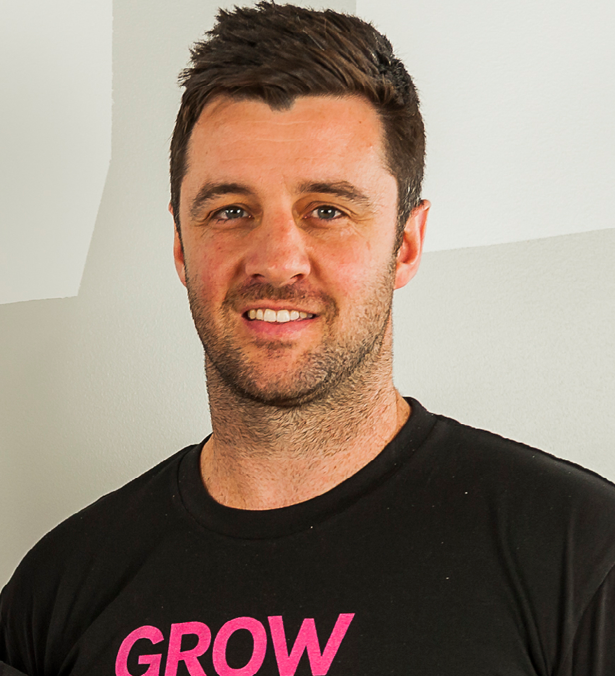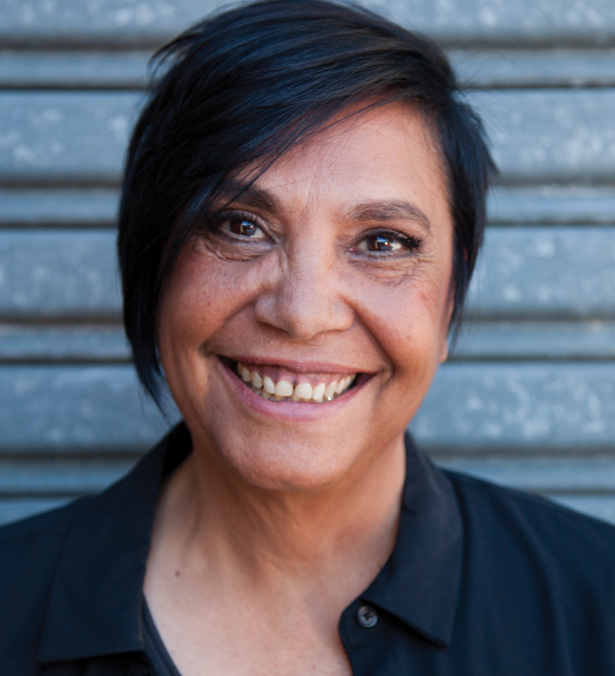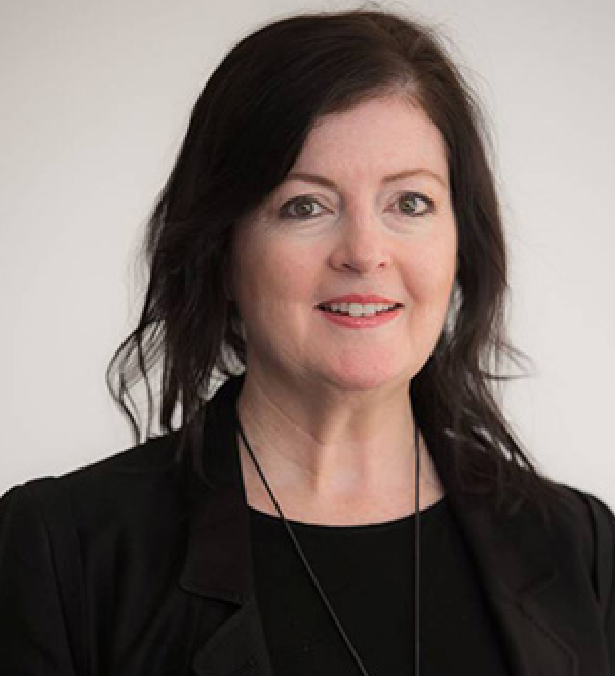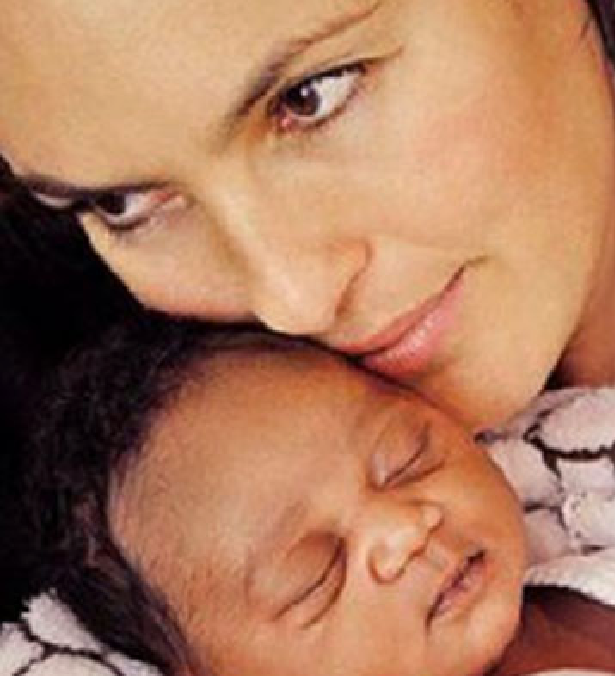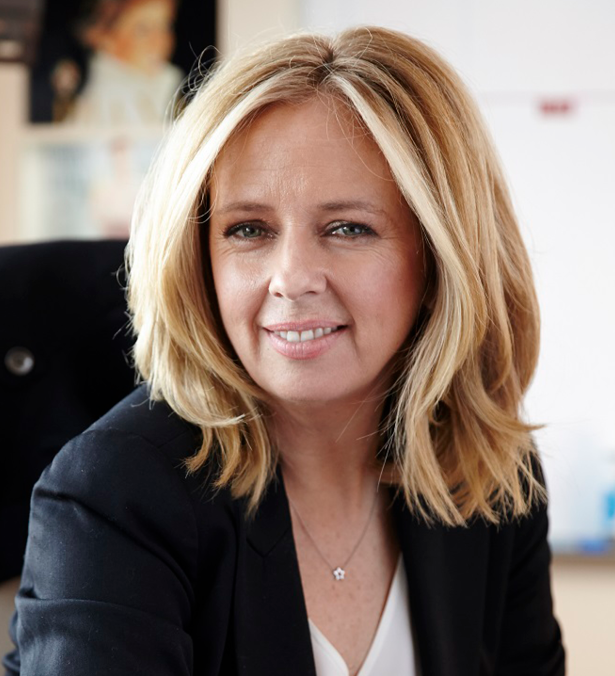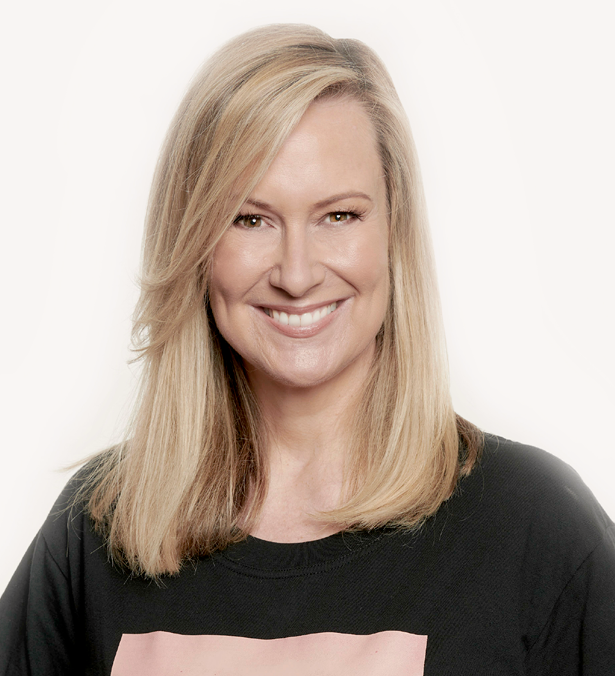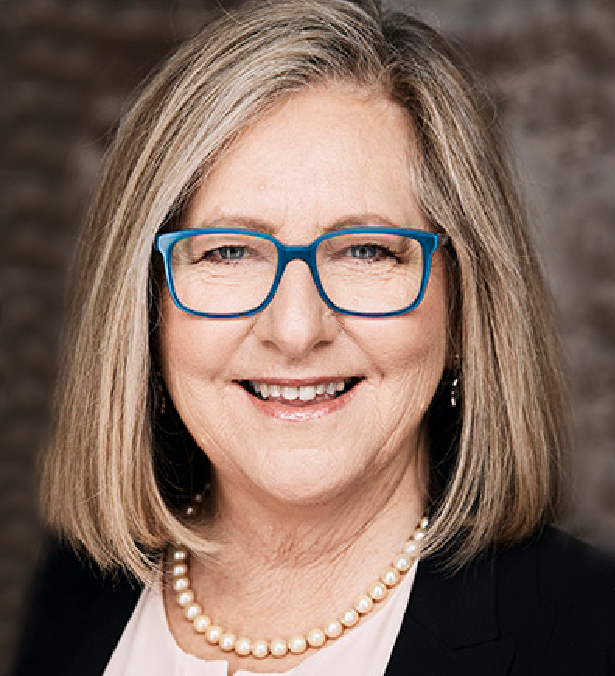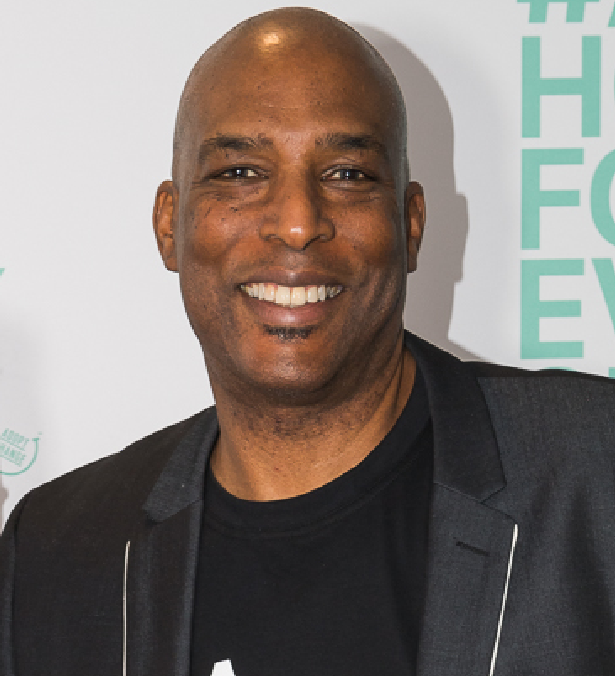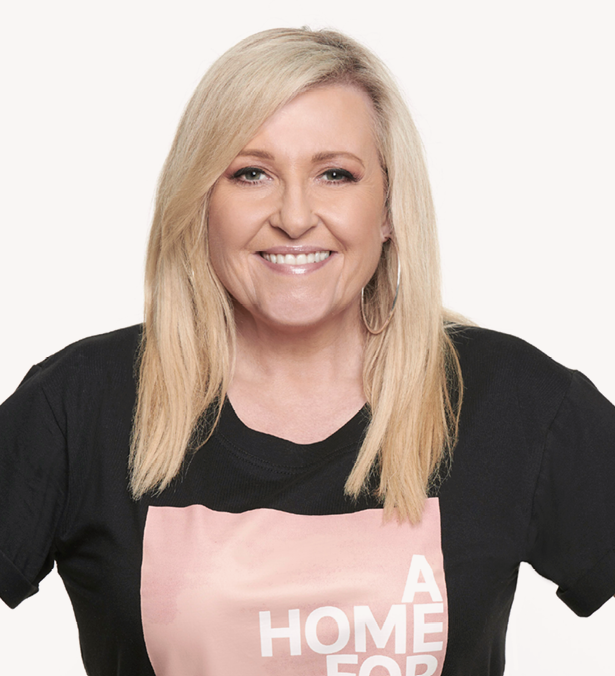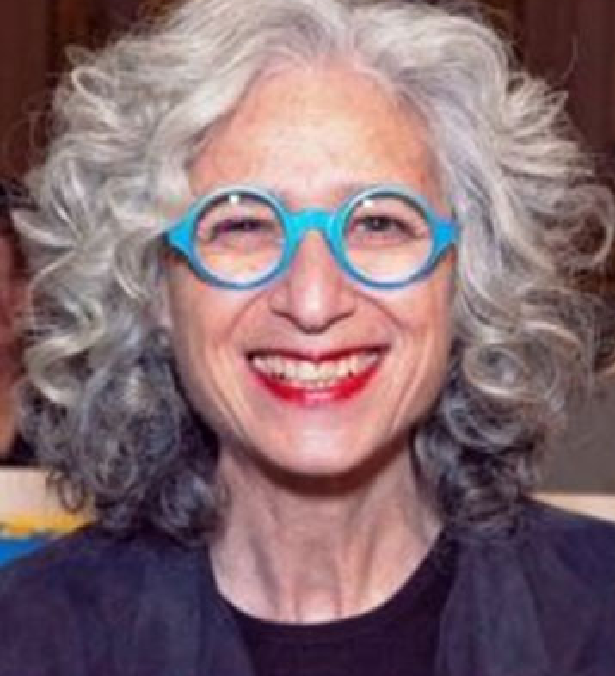Good enough to be a foster parent but not good enough to adopt
Angela was a short-term carer with a government agency when Nina was placed with her at nine months of age*. Nina had been neglected by her birth family, was very withdrawn, and exhibited developmental delays. However, she responded well to Angela’s care, became well attached to her and showed developmental catch-up. Angela says that she adored Nina and Nina adored her.
When Nina had been with Angela for six months, responsibility for her care was transferred to a private agency. This agency identified a permanent care placement for her with a family that planned to adopt her. With Angela’s support, a transition was made to this permanent placement. However, after six weeks, Nina was removed from this placement by the agency and placed with one of the agencies short-term carers. Angela heard about the breakdown of the placement and approached the agency about adopting Nina herself.
Angela applied to become an adoptive parent and completed the adoption assessment process with the agency. Towards the end of the assessment the issue was raised that Angela was single and worked full time and the agency wanted someone to be at home with Nina for an extended period of time. Angela responded that she was happy to quit her job as a health professional in order to provide this one-on-one care to Nina and that she felt that she would be able to manage financially. However, the agency policy required adoption applicants to have several hundred dollars of surplus income each week to meet the needs of the child and while not working Angela could not meet this requirement. Her application was rejected. Angela challenged the rejection of her application, including by contacting the relevant state Minister but was unsuccessful. In the following year, Nina was placed in five different placements. In raising concerns about the moves Nina was experiencing an agency worker said that she was young and would get over it.
Angela feels that the agency had no respect for the commitment that she had demonstrated to Nina or the relationship of love and trust that had developed between the two of them. She is also hurt that she was considered to be good enough to love and care for Nina as a foster carer but not good enough to be an adoptive parent. She feels that the agency policy reflects a belief that single people (and those who are not wealthy) cannot be good parents and that in cases like hers and Nina’s, that it is causing harm to children. She thinks about Nina all the time.
* Identifying details have been amended to allow for privacy of those involved

